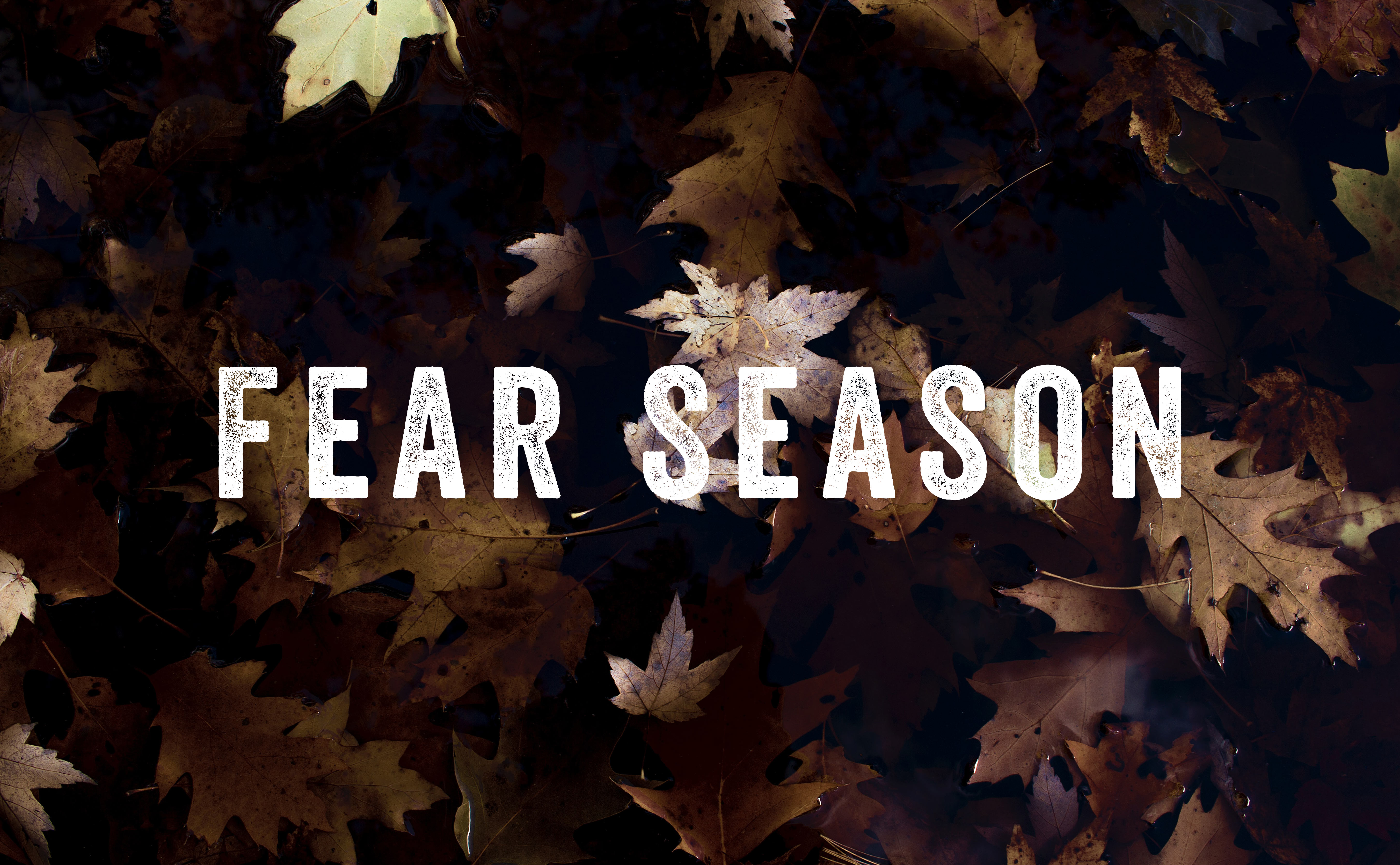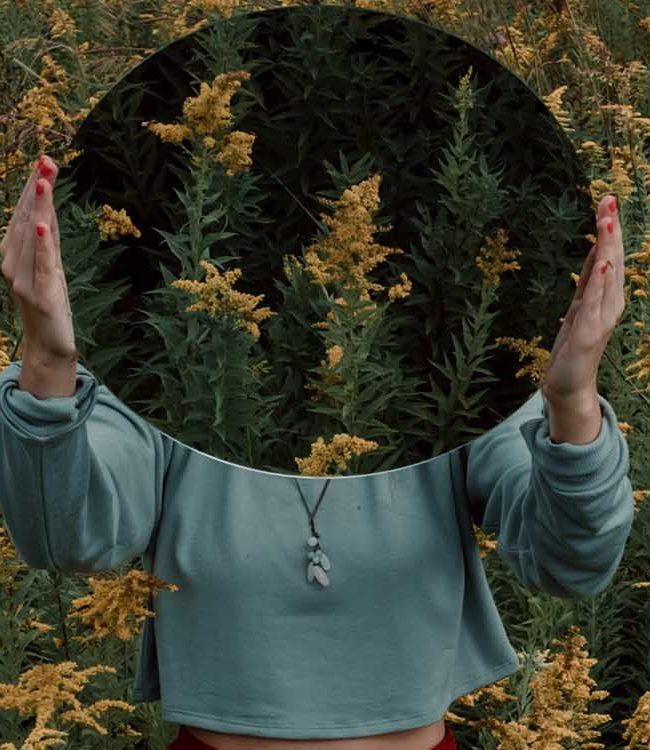It’s instilled in guys from a young age that ‘men don’t cry’ and that we’re not allowed to ‘show weakness’. So, for our ‘fear season’, we spoke to an anonymous rugby player about a life-changing realisation he had in that environment.
Rugby has always been a huge part of my life. Team sport is a super-intense environment and we spent almost everyday together training or playing or dicking about. Obviously, you would’ve seen me have my good days and my bad days too. One of the bad days I remember more than usual because of what you all did.
I hadn’t had a particularly rough day; it was all pretty standard from what I remember. We began training and went into a drill. I got hit. Pretty hard. I’d never really had a problem with the intensity or ‘putting body on the line’ style of play but for some reason this time it didn’t go down so well. I got up and walked off and I remember trying to act as if I was pissed off to try to cover up what was inevitably about to happen.
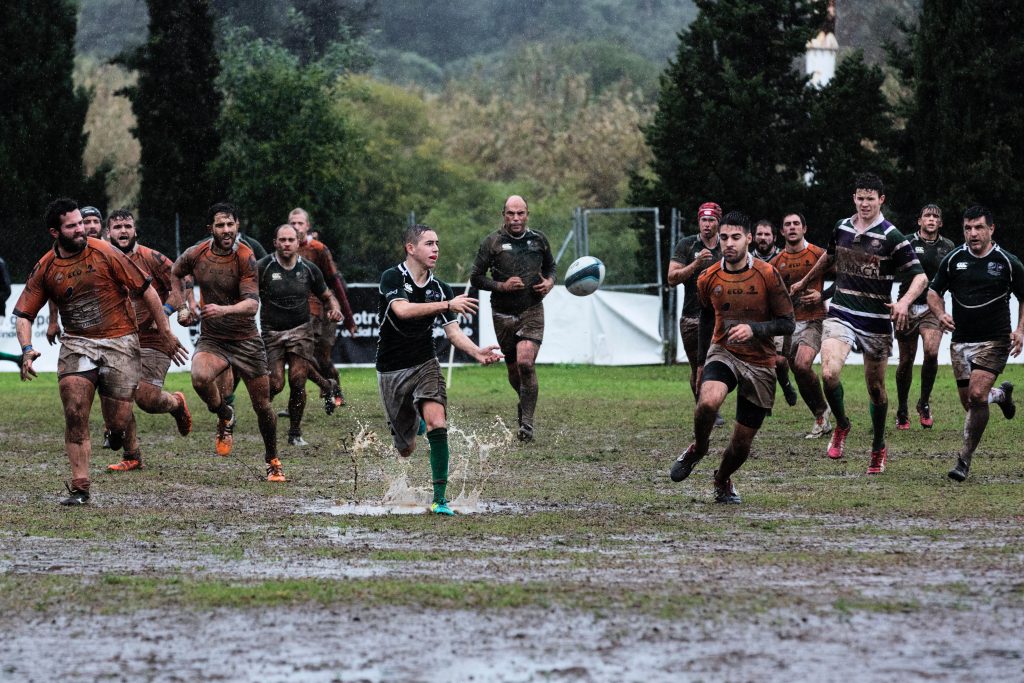
As Sam Stanley said in his interview for Ditch, there’s this ‘super-macho’ connotation that a precedes someone who is a rugby player and so you buy into that; expecting people to see you that way and eventually only seeing yourself that way. I believed that everyone thought I was a super-masculine ‘rugby boy’ and that I should act in a way that shows exactly that.
I was always a bit of a sore thumb. Your lives revolve around rugby. Sometimes, I felt like I didn’t train as hard as you or run that extra lap because my life didn’t. You knew I had different goals. I’d get absolutely rinsed for saying I couldn’t play a game because I was acting in a music video and that I couldn’t make a social because I had ballet class.
Crying therefore wasn’t an option. But, I guess no one really chooses when they’re going to cry. I broke down as soon as I walked away – obviously facing away from you all because I couldn’t let you see (as if I thought you all hadn’t realised already).
That was that. The facade came crashing down and I stopped being a rugby boy. I couldn’t handle it. I wasn’t manly enough to earn that title and I didn’t deserve it. I was waiting for the jokes and ridicule to begin as soon as I stepped foot in the changing rooms. As soon as we came off the pitch, I knew I was going to become the team’s laughing stock.
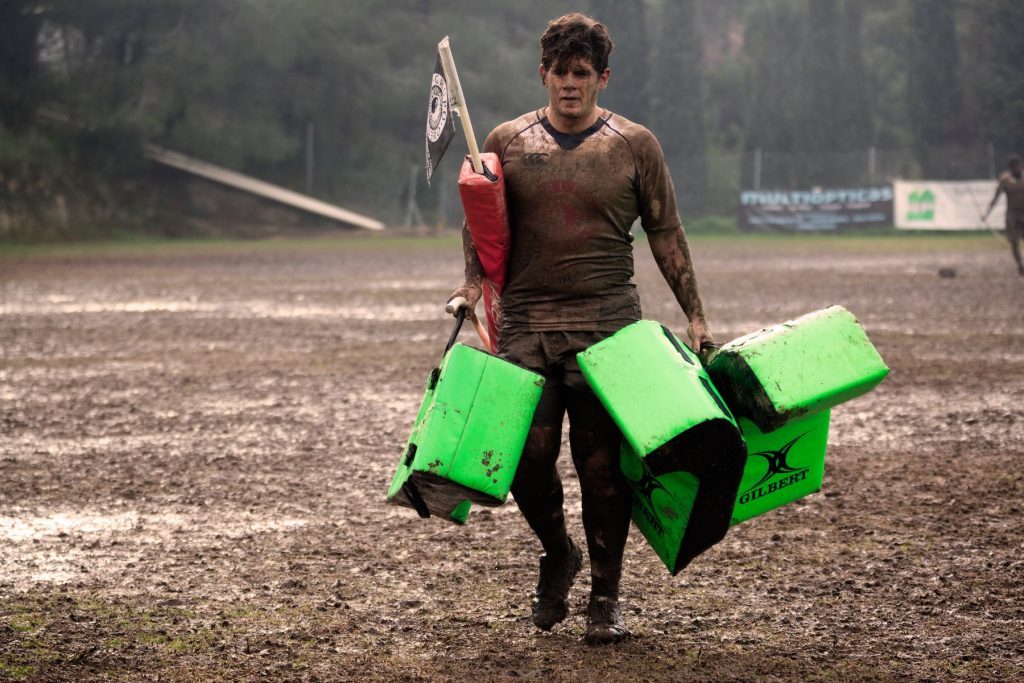
In reality, we carried on as normal. We trained as normal. You treated me as normal.
There weren’t any jokes. There wasn’t any brutal banter. The captain came up to me and asked if I was alright and so did the coach. Trying to brush it off and regain some of that rugby boy mentality, I said I was fine. And fortunately, I was. But without that support and acceptance from you all I might not have been.
If you had rinsed me and made me feel like a dick, then maybe I wouldn’t have been ok with the fact I just cried in front of twenty of the hardest blokes I knew. Maybe I would’ve caged up and kept it quiet. And maybe that’s what happens to lads not as lucky as I am to have that support.
I realise now, the reason you treated me as normal is because what happened was completely normal. You all knew you had been in the same situation before and that it wasn’t a big deal. I had always been told not to cry in my life and so, for me, I really thought it was.
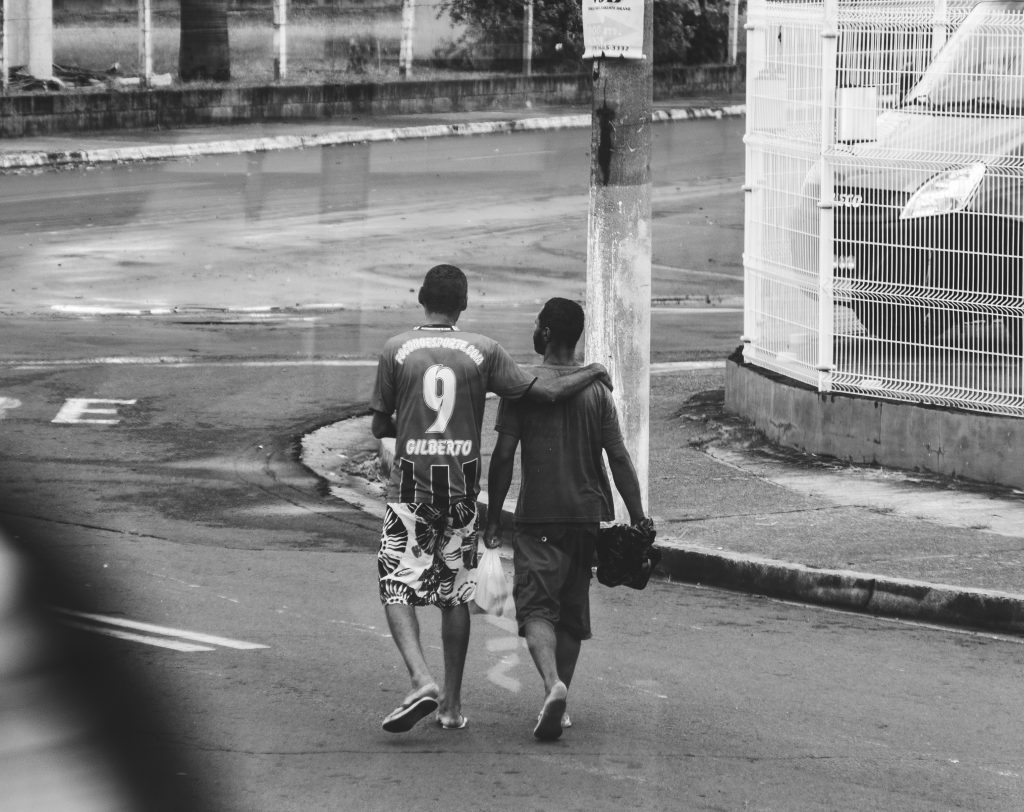
The idea of rugby players and sporting stars is false. They’re not these unbreakable superheroes. We may see them as our idols but they’re regular people with talents just like the rest of us. Rugby boys do not need to be super-masculine. You can be the most fantastic player on the pitch and still have interests and traits that don’t necessarily carry a stereotypically masculine idea with it.
You are yourself before you are anything else. I am myself before I am a rugby player, or a dancer, or a musical theatre fan.
I am strong because the blokes around me were stronger and lifted me up when I was down. And I was there for them when they needed me. Sport gets a lot of stick for it’s apparent lack of inclusivity but, in all honesty, those are stereotypes that are proven to be false when you’re in that environment.
A team is defined as ‘a group of players forming one side in a competitive game or sport.’ Nothing about your culture, sexuality, race, religion, hobbies, passions, skills, beliefs or the way you make tea can stop you from being part of a team (you might get a bit of stick if you put the milk in first). A team does not discriminate because if you put your body on the line for them, they’ll put their bodies on the line for you – no matter who you are.
Sport and the people I met in it, the teams I was a part of, and the crazily-strong bonds I formed with my mates, has developed me as a bloke. They’ve made me more open and honest with myself and, most importantly, be proud of who I am. There’s no facade anymore. So thank you boys – I owe you a pint or two.
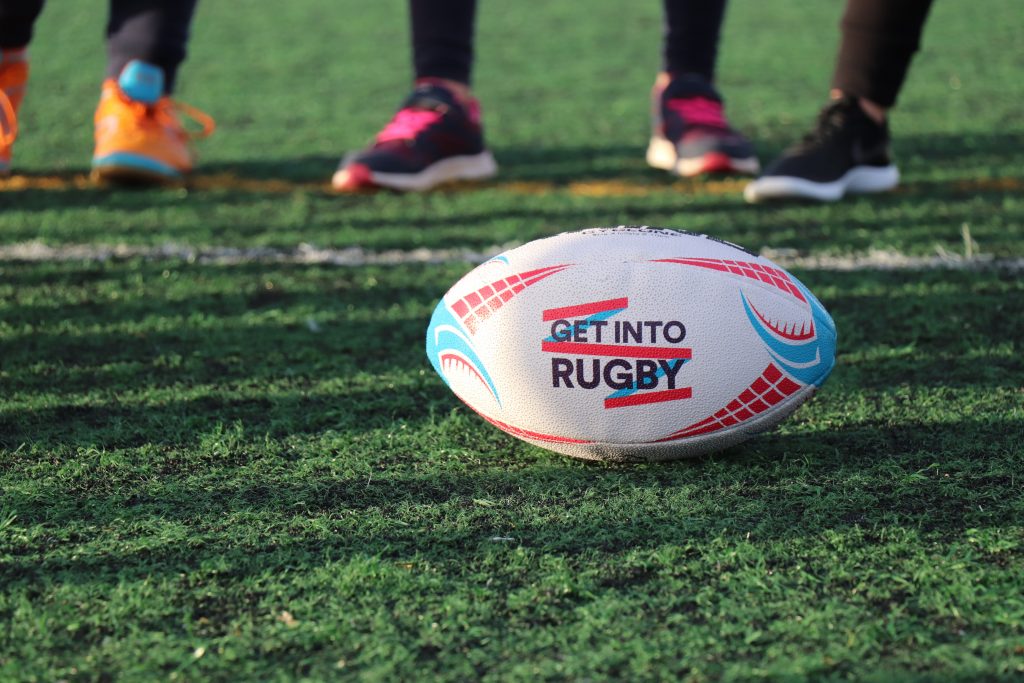
To the guys reading this – speak up and speak out. Trust in someone near you because I have no doubt they’ll support you the way my mates supported me. Staying silent kills.
To the guys unsure about their mate, ask. Don’t sit on the bench watching on. They might need you more than you know.
Boys – we’re all rubbish at speaking up when we are feeling low. So let’s get better as a team. Help the guy on the floor back to his feet because you never know when you might need him to do the same for you. There’s nothing weak about being honest.
If you’d like to speak to someone about how you’re feeling, you can join our community here.






